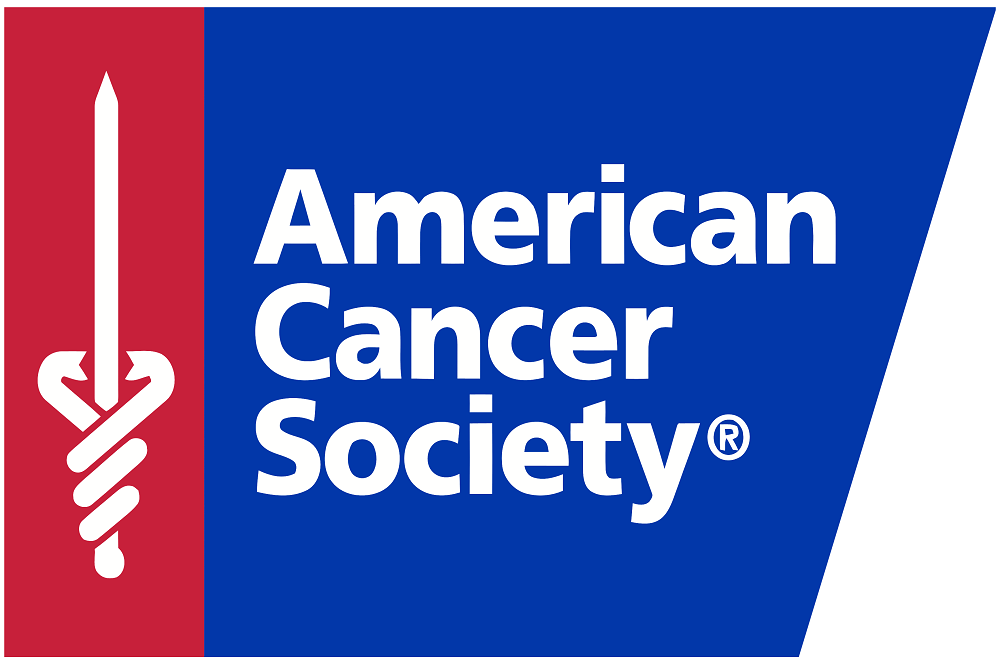
American Cancer Society - Cincinnati issued the following announcement on June 29.
Research from the Harvard T.H. Chan School of Public Health has found that flight attendants have higher rates of several types of cancer than the general population, especially melanoma and non-melanoma skin cancer, and for female flight attendants, breast cancer.
The link between flight attendants and cancer has been studied for more than a decade, but this is one of the largest studies so far, and the first to find a link to higher rates of non-melanoma skin cancer. However, the study does not explain what’s causing the increased risk. The study was published online June 25, 2018 in Environmental Health.
A look at the numbers
The findings are based on a survey conducted in 2014 - 2015 of 5,366 flight attendants in the U.S. who were part of the Harvard Flight Attendant Health Study, which started in 2007. The survey asked flight attendants specific questions about their work experiences, lifestyle habits, and health. Questions about whether they have had a cancer diagnosis were included.
Researchers compared the results with information from a similar group of people in the general US population, who were part of an annual survey conducted by the U.S. Centers for Disease Control and Prevention called the National Health and Nutrition Examination Survey.
The comparison showed that flight attendants had a higher rate of getting every cancer type that was looked at, especially breast cancer, melanoma skin cancer, and non-melanoma skin cancer (basal cell carcinoma and squamous cell carcinoma) among female flight attendants. The other cancer types included endometrial, gastrointestinal, thyroid, and cervical cancers. Specifically:
• 3.4% of female flight attendants reported having had breast cancer compared with 2.3% of women in the general population group
• 2.2% of female flight attendants reported having had melanoma skin cancer compared with 0.98% of women in the general population group
• 1.2% of male flight attendants reported having had melanoma skin cancer compared with 0.69% of men in the general population group
• 7.4% of female flight attendants reported having had non-melanoma skin cancer compared with 1.8% of women in the general population group
• 3.2% of male flight attendants reported having had non-melanoma skin cancer compared with 2.9% of men in the general population group
Researchers also found that in some cases, female flight attendants who stayed on the job longer had higher rates of non-melanoma skin cancer. And they found a link between higher rates of breast cancer among female flight attendants who had never had children, as well as those who had 3 or more children. That finding needs more research, but the authors speculate it may have something to do with disruptions in sleep due to work schedules.
Workplace conditions and lifestyle habits
The study included self-reports about if a cancer had been diagnosed, and was not designed to investigate any specific cause for cancer or increased cancer risk among flight attendants. However, working as a flight attendant is known to increase exposure to certain conditions and substances that may increase cancer risk. They include:
• Cosmic ionizing radiation. This is a form of radiation that comes from space and is more intense as you get higher in the air. It is possible that this form of radiation increases cancer risk. Passengers are also exposed, but because they spend less time in the air than flight attendants, their exposure is lower.
• Air quality of the cabin. Air in the cabin on some flights may include pesticides and other chemicals. Not a lot is known about cabin air quality and how healthy it is.
• Secondhand tobacco smoke. Many flight attendants working today were exposed to secondhand smoke before it was illegal to smoke on planes. Secondhand smoke is known to increase cancer risk.
Some U.S. Occupational and Safety and Health Administration (OSHA) protections were granted to flight attendants in 2014, but regulating and monitoring of ionizing radiation isn’t routinely done. In contrast, the European Union, for example, requires airlines to monitor radiation dose, organize schedules to reduce radiation exposure, and inform airline workers of current cancer study results.
The authors also point out that that flight attendants often have disrupted sleep cycles. They are more likely to have disruptions in their sleep patterns because they may work at night, cross time zones, and have irregular schedules. There is some evidence linking sleep disruptions to increased cancer risk. Flight attendants may also have different lifestyle behaviors related to diet, physical activity, and health care than the general population. These could affect overall health and cancer risk.
“Our findings of higher rates of several cancers among flight attendants is striking given the low rates of overweight and smoking in our study population, which highlights the question of what can be done to minimize the adverse exposures and cancers common among cabin crew," said Irina Mordukhovich, PhD, MSPH, a co-author of the study.
Original source can be found here.